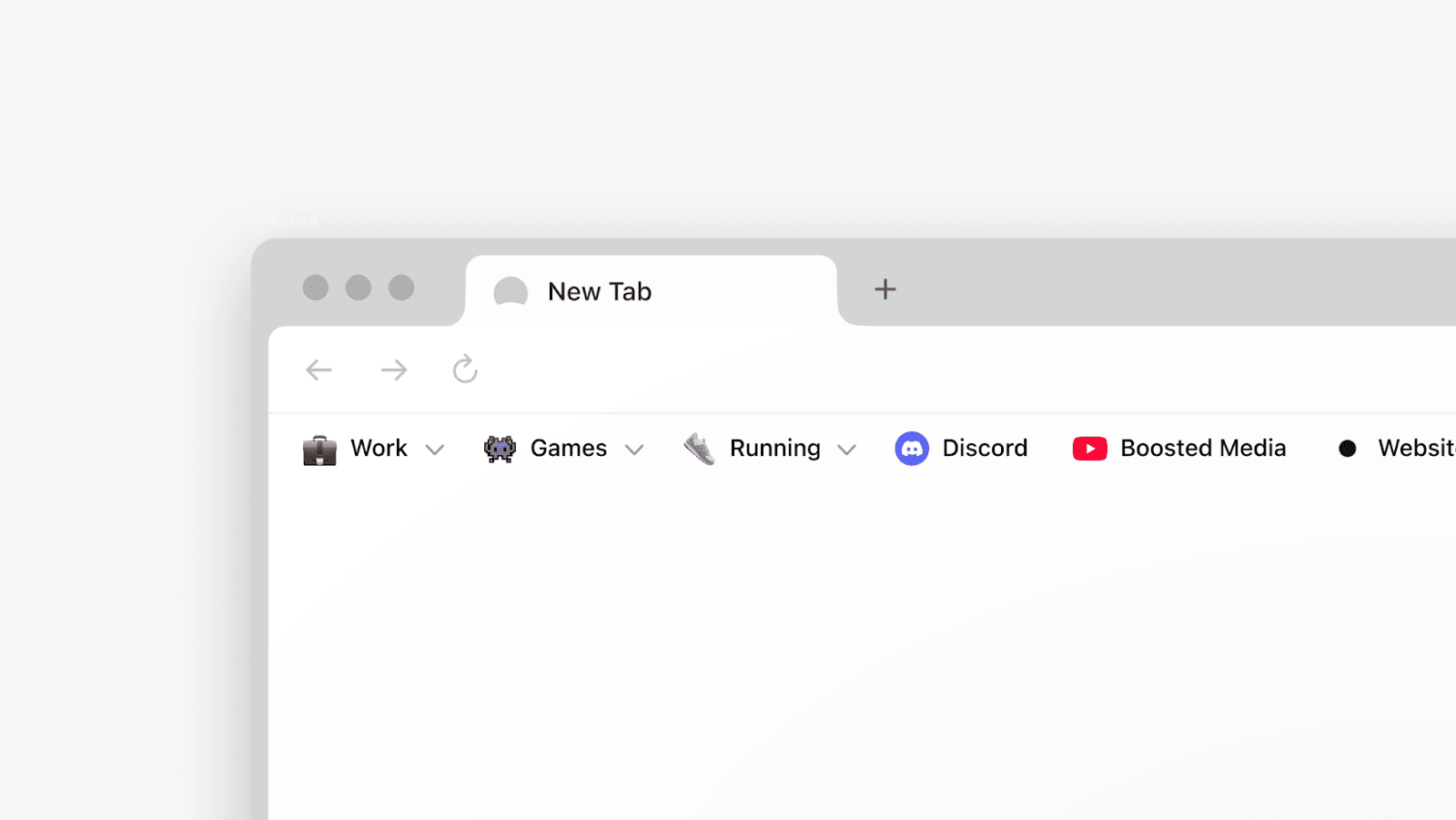Atlassian just made its biggest AI bet yet, acquiring The Browser Company for $610 million in cash. The deal brings the makers of Arc and the AI-powered Dia browser under the enterprise software giant's wing, signaling a major shift toward AI-integrated workplace tools. For The Browser Company, it's validation of their vision that browsers will become the new interface for work—and an escape from the brutal AI startup race.
Atlassian CEO Mike Cannon-Brookes went from power user to owner in the span of just over a year. The executive, who spent years filing bug reports and feature requests for The Browser Company's Arc browser, is now acquiring the entire New York startup for $610 million in cash. The deal represents one of the largest acquisitions in the AI browser space and a massive bet on reimagining how we interact with workplace software.
The acquisition conversations started organically about twelve months ago when Atlassian employees kept hitting enterprise roadblocks with Arc. "They reached out wondering, how could we get more enterprise-ready?" The Browser Company CEO Josh Miller told The Verge. Big corporations need data privacy, security, and management features that the startup simply couldn't deliver at scale. As the AI race intensified across Silicon Valley, Cannon-Brookes suggested the companies might be stronger together.
The real prize isn't Arc—it's Dia, the AI-powered browser that launched just three months ago. Think of it as a chatbot that lives inside your browser tabs, capable of moving data between spreadsheets, reading your Gmail to surface calendar appointments, and essentially turning any URL into queryable data for AI models. For Atlassian, which operates a sprawling suite of work tools including Jira project tracking, Confluence documentation, Trello boards, and Loom video messaging, Dia offers something they've never had: a unified way to stitch everything together.
"The acquisition is mostly about Dia," Miller emphasized, marking a dramatic strategic pivot. The Browser Company is abandoning its consumer dreams—no more optimizing for "shopping, making reservations, finding showtimes"—to focus entirely on workplace productivity. It's a calculated retreat from competing against ChatGPT, Claude, and Gemini for a place in users' personal lives, instead carving out the professional workspace niche.
The timing raises eyebrows in a market where recently tripled its valuation overnight and any startup with a .ai domain seems to print money. Why exit now? Miller's answer reveals the brutal reality of the AI browser wars: "I think the winner of the AI browser space is going to be crowned in the next 12 to 24 months." The Browser Company needed massive distribution, enterprise sales teams, and scale it couldn't build fast enough. "It didn't feel like something money could buy, in the time horizon we had," he admitted.












